One day in the life of Ancient Greece
Categories: History | One Day | World
By Pictolic https://pictolic.com/article/one-day-in-the-life-of-ancient-greece.htmlChildren run naked in physical education, a woman watches the world through the window of a gynecologist, a man — at a hetaera or in a bath. Compare your day with an ordinary day of an ordinary citizen of Hellas.
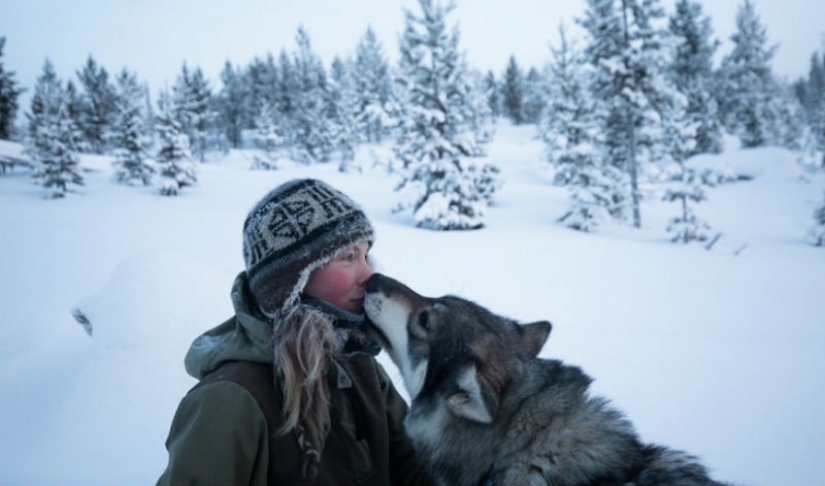
Ancient Greece is a male society. If a boy was born in the family, the Greeks hung a laurel wreath on the door of the house (a symbol of victory), if a girl — a woolen thread (which probably symbolized the important purpose of the future woman — to weave; to give birth to children and lead the house — by default).
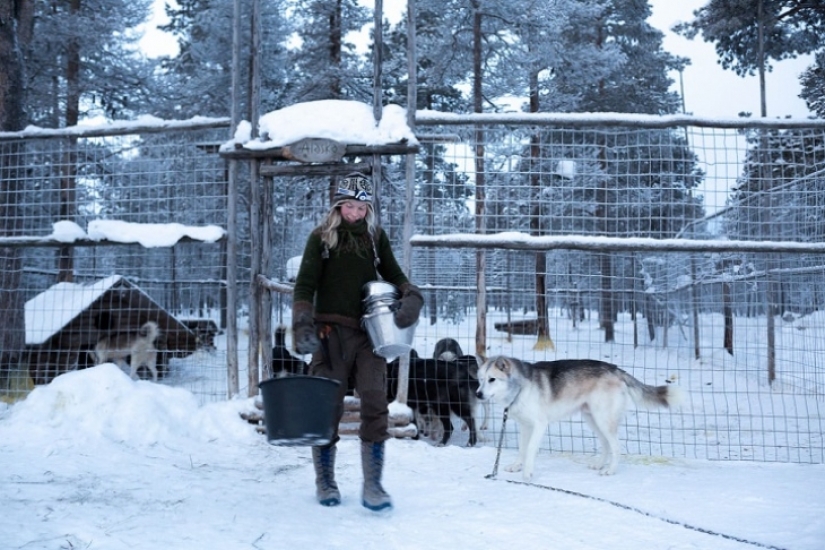
Your day starts at dawn. Breakfast is modest (a slice of simple barley bread soaked in wine) and takes place alone (the wife lives on her half, and you encounter very little).
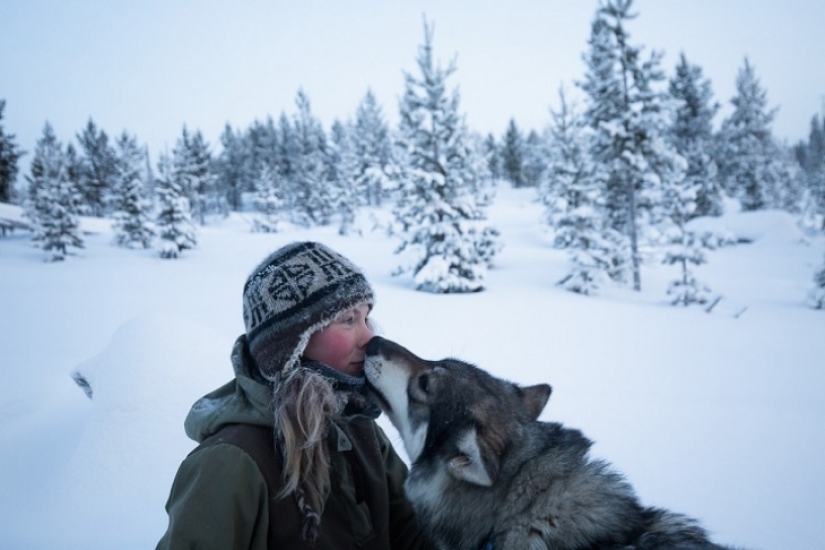
After breakfast, it's time to go on business. Opening the door, you almost knock down a passerby with it (the streets of Ancient Hellas are so cramped and crooked). There was a day ahead filled with worries: the Hellenes were very hardworking, and even if the family had slaves who worked from dawn to dawn, they still had to get up very early — otherwise they might not find the right person at home.
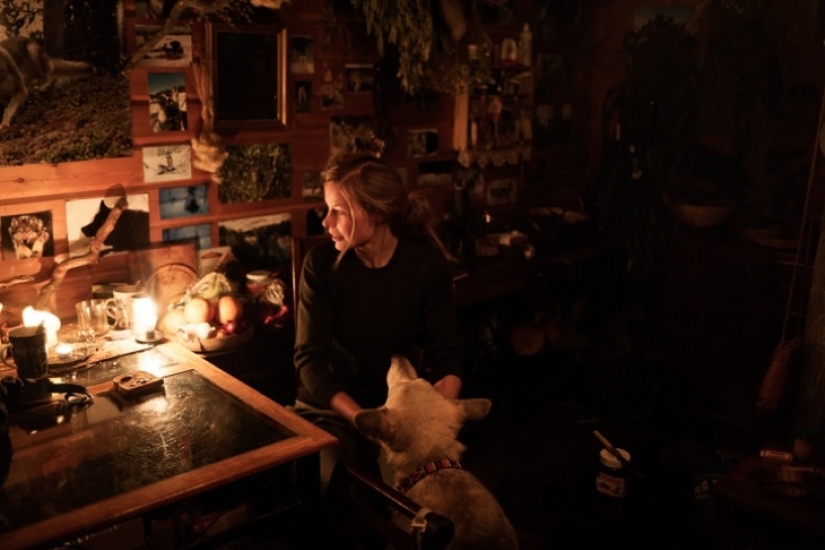
Your life takes place in the enclosed space of the gynecea*. The women's part of the house, where men do not have access; the premises were so taboo that Demosthenes described a case when the gynecae were robbed by thieves, but none of the male neighbors dared to enter there to help, although everyone heard screams and saw things being taken out of the house. You are allowed to breathe air in the enclosed space of the courtyard. However, your sons up to seven years old can enter the gynaeceum completely freely (and live with you) — they are not considered full-fledged men yet.
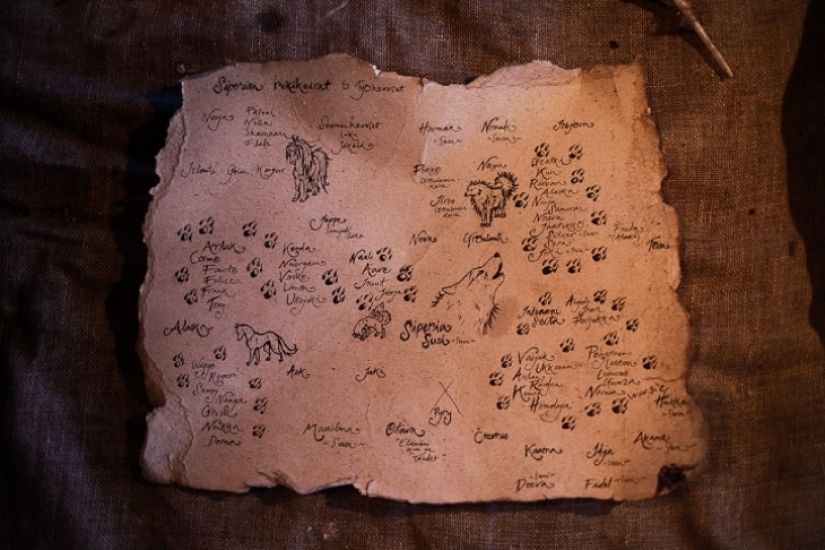
*If you belong to a wealthy family, then your house is two-storeyed, made of brick, the roof is covered with tiles, and the floors of the first floor are tiled. If the funds are tight, the habitat is much more modest: the main materials here are pressed earth and wood. In any case, the windows are small and almost under the roof. The house is surrounded by a blind fence.


Those who have already turned seven spend time at school (palaestra), where they learn reading, music, counting and writing. At each school there is a sports ground where boys are engaged in wrestling (this is an important lesson, because in the future many of these young men will become warriors). Girls study at home under the supervision of mothers and nannies. All of them should know how to read and write, as well as be able to sew and weave (but not everyone could make fabric; if a woman could do it, she was considered a profitable bride).

Sparta was a pleasant exception. Spartan girls studied almost all subjects on a par with boys, including martial arts. It is known that the attitude towards a woman in Sparta was much more respectful compared to the same Athens.
From the age of 16, boys from wealthy families got into the gymnasium, where they studied a whole cycle of different sciences: from astronomy to philosophy and rhetoric. The word "gymnasium" is derived from two ancient Greek words: "naked" and "exercise". Among other things, much attention was paid here to the physical training of young men. All exercises were carried out outdoors and certainly in the nude. This achieved the education of the "Greek spirit", which was based on a strong male friendship.
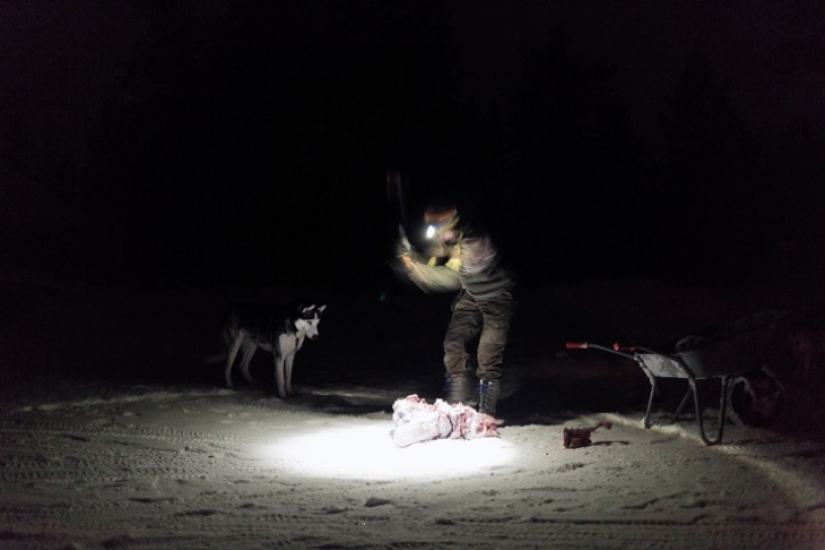
One of the main occupations of the adult male population (not counting warriors) was cattle breeding. It was the size of the herd that testified to the welfare of the owner. Cows, sheep and goats were a valuable source of meat, milk, hides and wool. Bulls were also used for plowing — farming was also a very honorable and important occupation of the Hellenes (the Greeks sowed bread, bred grapes and olives).


Men loved to hunt, so they kept dogs at home (they were also needed to protect the herds), took care of them and considered them valuable property. Interestingly, there were very few horses — only a very rich person could afford to buy a horse (their maintenance was not cheap). Donkeys and mules served as pack animals. Pigs were also bred — for food.
All this, of course, applies to more or less successful citizens. The poor lived very modestly, they had no cattle, they lived on hunting and fishing. Sometimes there was no house itself — the poor were simply hired as farmhands to noble people, with whom they lived.

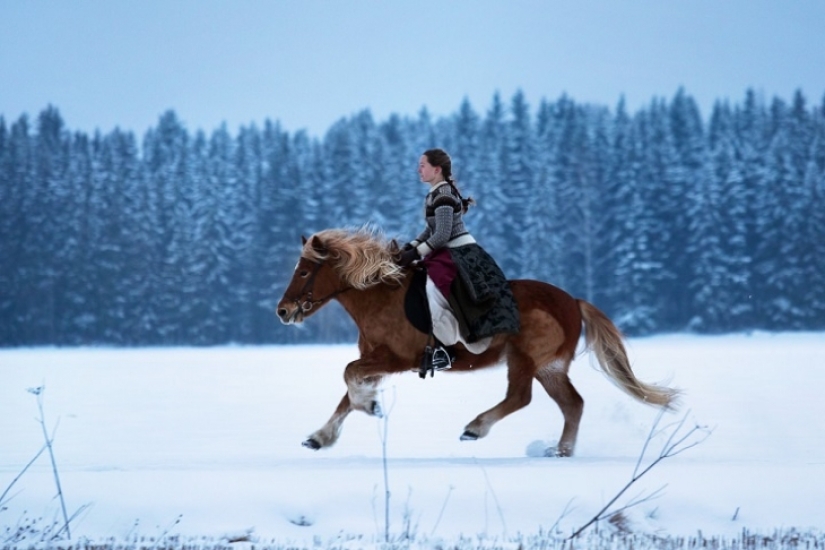
Poor ladies enjoy a little more freedom than usual: they go out to the city for shopping. In well-to-do families there were slaves for these purposes. Exception to the rule: religious festivals. At this time, Greek women invited friends to visit, arranged feasts and even went to theaters (although not everyone could watch the performances).
Despite the fact that you work on the farm from morning to evening on a par with slaves (even if the family was wealthy — the woman was ordered to wash, cook and clean together with the servants), eternal dirt reigns in your house. Mainly — soot from the hearth, fat, drips from fried meat, smokes resinous wood, which is used for lighting (even Homer in his poems now and then complains that soot spoils weapons hung on the walls). All this reliably covers the walls of the house, and it is simply impossible to clean them. You don't keep track of the cleanliness of the floor at all (there are bones and even whole skins of eaten animals on the floor). What for? A new meal and new leftovers. The same can be said about the yard.
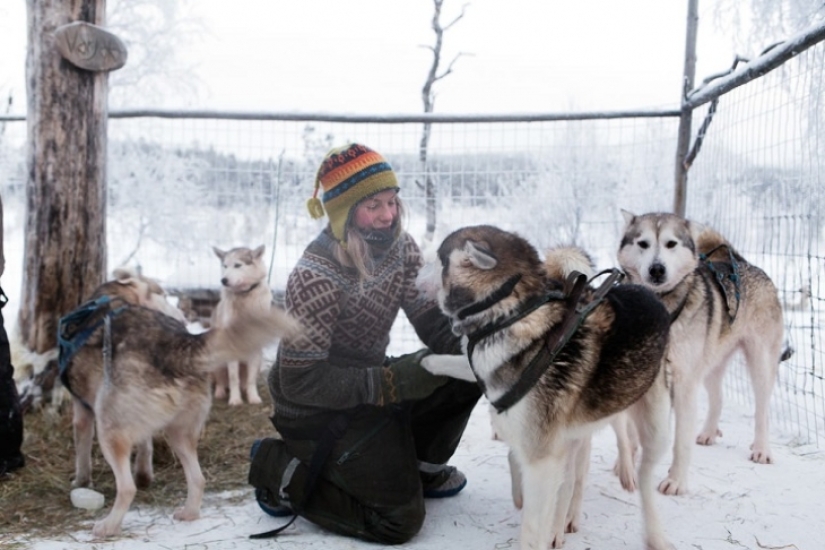
A Greek may well visit the theater. A woman, however, is also not forbidden, but you will be allowed only to tragedies that, according to the ancients, will bring up the necessary moral qualities in you. But comedies that ridicule human vices are watched only by men, because these can confuse the "weak" female nature. An evening is unthinkable without baths, which the Greeks visited regularly, unlike representatives of Central Europe of later centuries — "Dirty history" as it is.

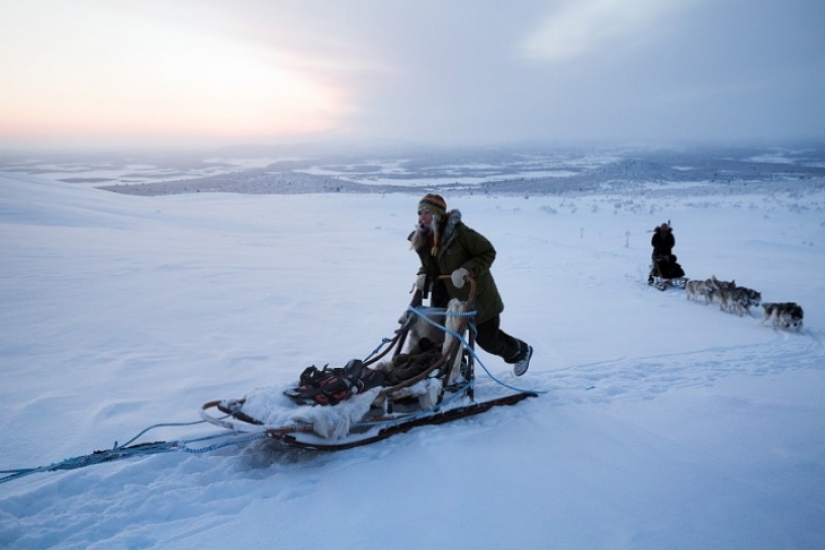
So, comedy or an evening in the company of friends. But only on holidays. But a variety of games, oddly enough, are available to everyone, even children, and in general are very common in Ancient Greece. The historian Andrey Saveliev in his book "The life and daily life of the Hellenes" describes a simple game of pebbles: participants tossed up five pebbles and tried to catch them all on the back of the palm. Who caught more — won. Blind man's buff and ball games were popular, as well as gambling.
The game of dice (an analogue of the modern one) was especially loved in Hellas, so much so that the government had to ban it (but who could stop it — as today, there were underground gambling houses in Ancient Greece). But most of all men adored cockfighting. And here the laws were already exclusively "for", prescribing young men to attend cockfights at least once a year — so that they would see an example of how hard it is necessary to fight.
The husbands and wives of Hellas are sleeping. Everyone is in their own bed. Their marriages are not made in heaven, but by calculation. The father and the future groom made a deal (with money, cattle or precious metals; depending on the appearance and performance of the girl — for her, for example, they could give from 1 to 20 cows). The girl, who, by the way, could be no more than 12 years old (the groom is 12-15 years older), did not take part in this. Therefore, marriage for a woman is practically slavery. It was believed that women are incredibly lustful, so they always need to be kept in check, "using" only for the purpose of procreation, for which the husband calls his wife into his bedroom (of course, you can't refuse — he will beat her).

Love and sincere friendship between a man and a woman in Hellas was an exception. With true tenderness, adult men treated only young men (sodomy was not officially prohibited by law, but, however, it was not encouraged; a typical couple: a wise old man and a beautiful inexperienced young man), and also ... to educated hetaerae with whom men felt relaxed. It was the priestesses of love, according to historians, who could contribute to the gradual emancipation of women and improve the attitude towards her in society.
Recent articles

It's high time to admit that this whole hipster idea has gone too far. The concept has become so popular that even restaurants have ...

There is a perception that people only use 10% of their brain potential. But the heroes of our review, apparently, found a way to ...

New Year's is a time to surprise and delight loved ones not only with gifts but also with a unique presentation of the holiday ...